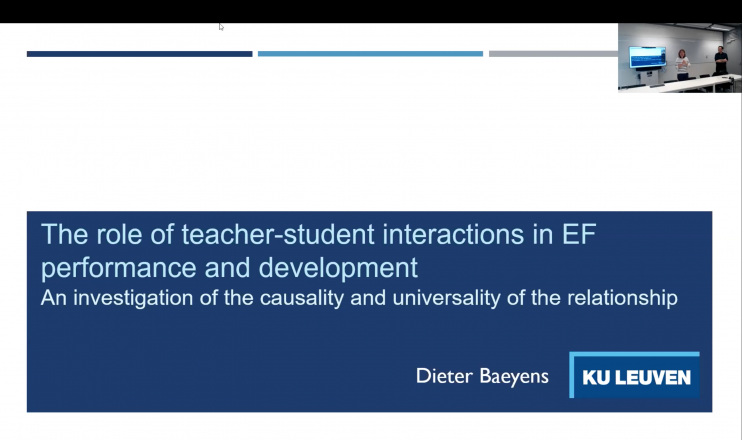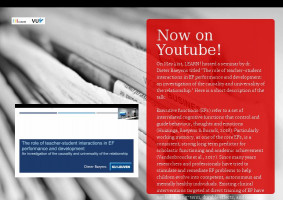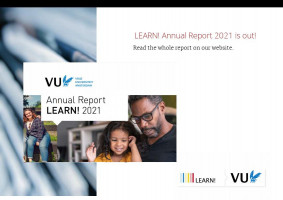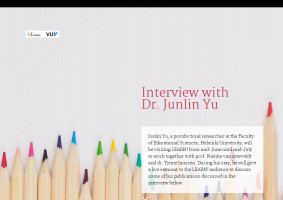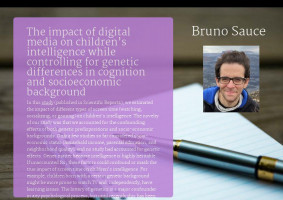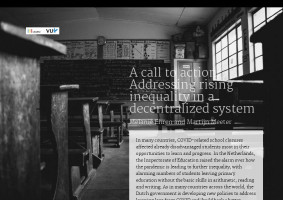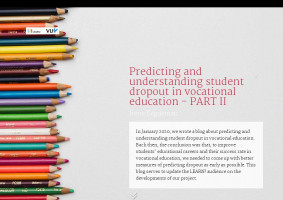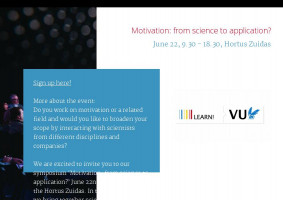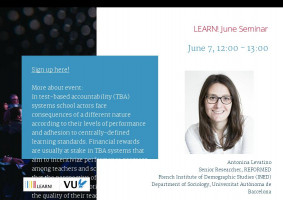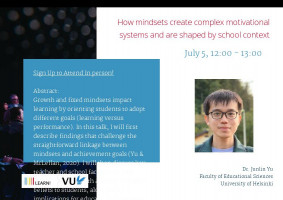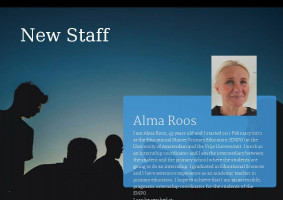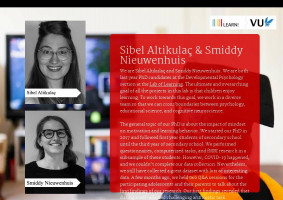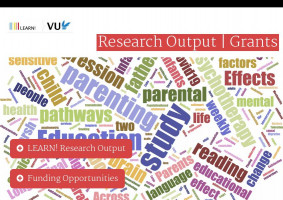Now on Youtube!
On May 31st, LEARN! hosted a seminar by dr. Dieter Baeyens titled 'The role of teacher-student interactions in EF performance and development: an investigation of the causality and universality of the relationship.' Here is a short description of the talk:
Executive functions (EFs) refer to a set of interrelated cognitive functions that control and guide behaviour, thoughts and emotions (Huizinga, Baeyens & Burack, 2018). Particularly working memory, as one of the core EFs, is a consistent, strong long term predictor for scholastic functioning and academic achievement (Vandenbroucke et al., 2017). Since many years researchers and professionals have tried to stimulate and remediate EF problems to help children evolve into competent, autonomous and mentally healthy individuals. Existing clinical interventions targeted at direct training of EF have not led to long-term, durable effects, and have not shown transfer of the trained skills to everyday life (Diamond, 2013). Recent EF programs have started to intervene in settings where the cognitive functions are most intensively used, such as the classroom context, and to focus on elements of the teacher-student interactions (TSI) in which EF development could thrive more strongly (Diamond, 2013; Diamond & Ling, 2016). This new generation of context-focused EF programs have been developed primarily by expert judgment, without full theoretical understanding or empirical evidence of which of the many different TSI strategies contribute to the program effects. In a series of observational, experimental and interventional studies we set out to determine the TSI strategies (at the dyadic and classroom level) that are efficacious in promoting EF performance and development. At the LEARN! seminar we will give an overview of our study outcomes to reflect on the causality and universality of the effect of TSI on EF development (with a main focus on working memory development).
About Dieter Baeyens
Dieter Baeyens obtained his Master's degree in Psychology, Clinical Psychology, at the University of Ghent. He became a candidate for the Fund for Scientific Research (FWO) and obtained his PhD in Psychological Sciences in 2005 under the supervision of Prof. Dr. Herbert Roeyers and Prof. Dr. Johan Vande Walle. As an FWO postdoctoral researcher, he remained affiliated to Ghent University between 2005 and 2008. During this period he was also a visiting fellow/postdoc at UCSD (Prof. Dr. Neal Swerdlow), Brookhaven National Laboratory (Prof. Dr. Rita Goldstein) and Utrecht University. (Prof. Dr Sarah Durston). Between 2008 and 2013, Dieter Baeyens was a senior lecturer at Thomas More University of Applied Sciences, where he coordinated the Code's "Behavioural Problems" unit (a center of expertise for applied research & diagnosis and treatment). Since October 2013, he has been a senior lecturer at the research unit Family and Special Education, KU Leuven. Dieter Baeyens is also active as a clinical psychologist and behavioral therapist at PraxisP.
